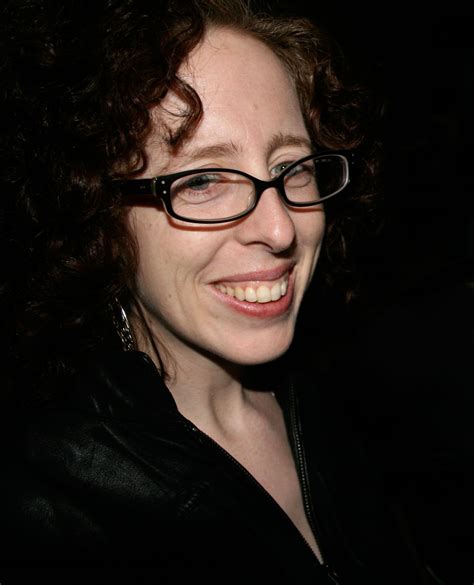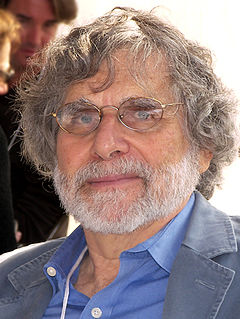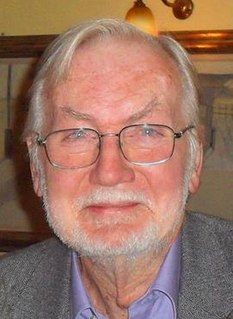A Quote by Peter Morgan
Most historians are engaged in fiction.
Quote Topics
Related Quotes
Most academic historians accept that historians' own circumstances demand that they tell the story in a particular way, of course. While people wring their hands about 'revisionist' historians; on some level, the correction and amplification of various parts of the past is not 'revisionism' as it is simply the process of any historical writing.
Two main groups like to drop the readymade bomb—galleries and art historians. Galleries love to drop the Duchamp brand because dealers can try to convince clients of an artist’s worth just by mentioning the mouthwatering response readymade. Most Art Historians aren’t interested in what artists are making in Bushwick studios, most of whom rarely wake up with Duchamp on the brain.
I would say that most of my books are contemporary realistic fiction... a couple, maybe three, fall into the 'historic fiction' category. Science fiction is not a favorite genre of mine, though I have greatly enjoyed some of the work of Ursula LeGuin. I haven't read much science fiction so I don't know other sci-fi authors.
I have a hard time with historians because they idolize the truth. The truth is not uplifting; it destroys. I could tell most of the secretaries in the church office building that they are ugly and fat. That would be the truth, but it would hurt and destroy them. Historians should tell only that part of the truth that is inspiring and uplifting.






































